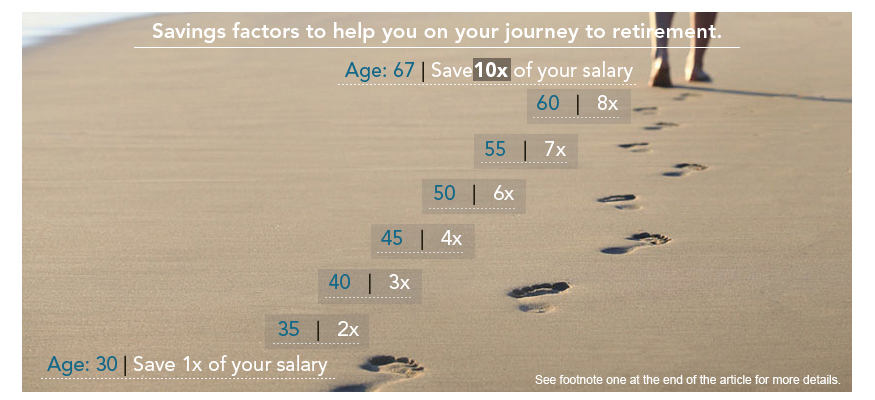I'm 30, and until my recent purchase of a house I had about 3.5x my salary in savings. Sounds more impressive than it is though, I don't make an awful lot.
Of course I also lived with my parents until about three months ago. Not the most grown-up move, but really helpful for saving.
Of course I also lived with my parents until about three months ago. Not the most grown-up move, but really helpful for saving.


